
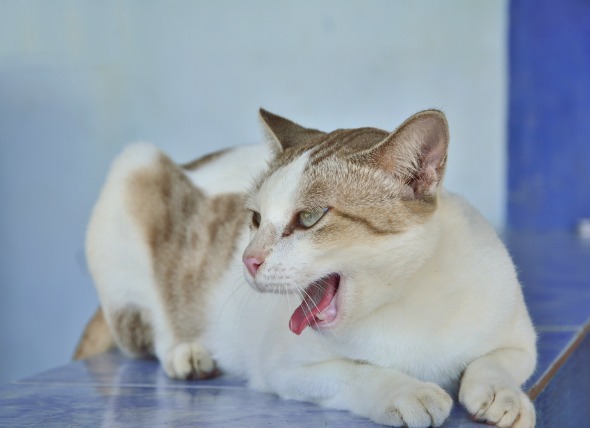
This automatic and involuntary behavior is one of the most powerful reflexes in the body and is essential for keeping the pharynx and airways free of accumulated secretions and foreign material. This is, therefore, a normal response to any invasion, obstruction, or abnormality of the airways. The medical term for coughing is tussis, and this condition can be found in cats of all ages and breeds.
For your veterinarian to establish an initial diagnosis, you will need to provide a thorough history of your cat's health, recent activities, and onset of symptoms. Sneezing and coughing can often be confused with each other, so your veterinarian will evaluate your cat to determine if it is really a cough or a sneeze. The sounds can be very similar, so closer attention may need to be paid. Obvious outward differences may show the mouth staying closed during the reflexive action, indicative of a sneeze, whereas with cough, the mouth is opened.
The pattern and frequency of the cough are very important in determining the cause of the cough. Your veterinarian will ask you about the duration, timing, pattern, frequency, and characteristics of your cat's cough, so it can be helpful to both you and your doctor if you make notes of your cat's symptoms before you see the veterinarian.
Your veterinarian will need to evaluate whether the cough is productive or non-productive, so a cough will need to be artificially initiated by your doctor. In productive coughs, secretions, fluid, and mucous may be expelled from the airway, whereas with non-productive coughing or dry coughing no such material comes out with the cough. As coughing is associated with a number of diseases, a careful diagnostic workup is essential for establishing the diagnosis.
After the history and initial physical examination have been done, your veterinarian will take a complete blood count, biochemistry profile, and urinalysis to be analyzed in the lab. A complete blood count may suggest the presence of infections or allergies, based on the amount of white blood cells that are present in the blood, and a blood biochemistry test may show abnormally elevated liver enzymes or other abnormalities that are related to the underlying cause.
If your cat is also experiencing nose bleeds or is coughing up blood, tests related to blood clotting will be conducted to determine whether blood clotting mechanisms in the body are working normally. Other diagnostic tools that may be used include radiographic studies, such as X-rays, computed tomography (CT) and magnetic resonance imaging (MRI), all of which can be extremely valuable in determining the cause of the cough.
For a closer and more detailed view of the respiratory tract, your veterinarian may also use a laryngoscope, tracheoscope, or bronchoscope for a direct visualization of the various parts of the upper tract. Fecal testing may also be conducted to check for the presence of respiratory parasites in the body. Your veterinarian can also take fluid samples from the respiratory system for further evaluation, since some types of parasites will remain on the walls of the respiratory tract.
The major goal of treatment is to treat the underlying cause along with treatment of the cough itself. Resolution of the underlying cause will ultimately result in a cure.
In cases of severe disease, your cat may need to be hospitalized and provided with intensive care and treatment. Oxygen can be given to cats that are having difficulty breathing properly, and broad spectrum antibiotics will be used to curtail the most common types of infections that cause coughing. Medications for suppressing cough may be given to your cat, but that will be decided on by your veterinarian only after confirmation of the diagnosis, as cough suppressants are not always medically helpful, especially for certain diseases like respiratory infections. It should be remembered that in most cases the cough is not the issue, it is the underlying disease that needs to be treated. Suppressing cough will not resolve the problem, and in fact may only hide the condition and allow it to worsen.
Diagnosing the underlying disease causing the cough may require an extensive diagnostic workup. Follow the directions given by your veterinarian for treatment. If your cat is prescribed antibiotics, it is essential that you follow through the entire course of the medicine. Many people will forget to continue drug administration once the symptoms have improved and the infection will return, sometimes worse than before.
You will need to stay in communication with your veterinarian throughout the treatment period, relaying information about your cat's response to the treatment and whether it is improving or worsening. You may also need to take your cat back to the clinic for follow-up examinations so that your veterinarian can evaluate your cat's disease status and treatment progress. The treatment will be adjusted accordingly. In some cats long-term therapy is required for a complete recovery.
Take care with all drugs you are administering to your cat, as any drug, including cough suppressants, can be dangerous for your cat in the wrong amounts. It is important to note that one of the leading causes of death in household pets is over dosage of medication.
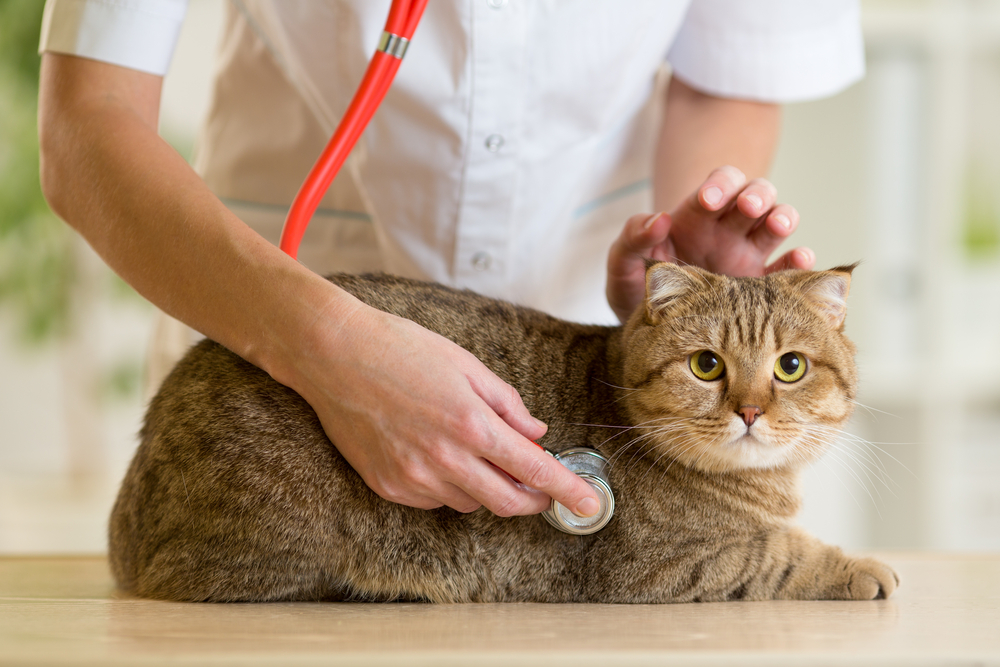 Enlarged Spleen in Cats
Splenomegaly in Cats
Splenomegaly refers to the e
Enlarged Spleen in Cats
Splenomegaly in Cats
Splenomegaly refers to the e
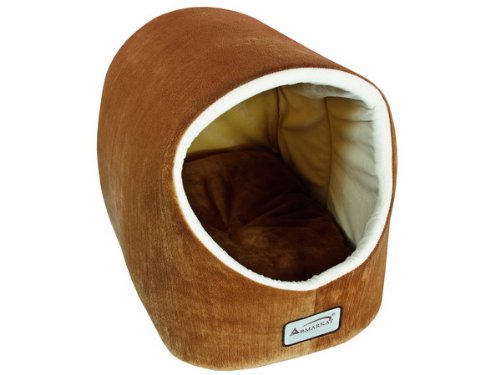 Tabby Cats as Family Pets
Who has not had the experien
Tabby Cats as Family Pets
Who has not had the experien
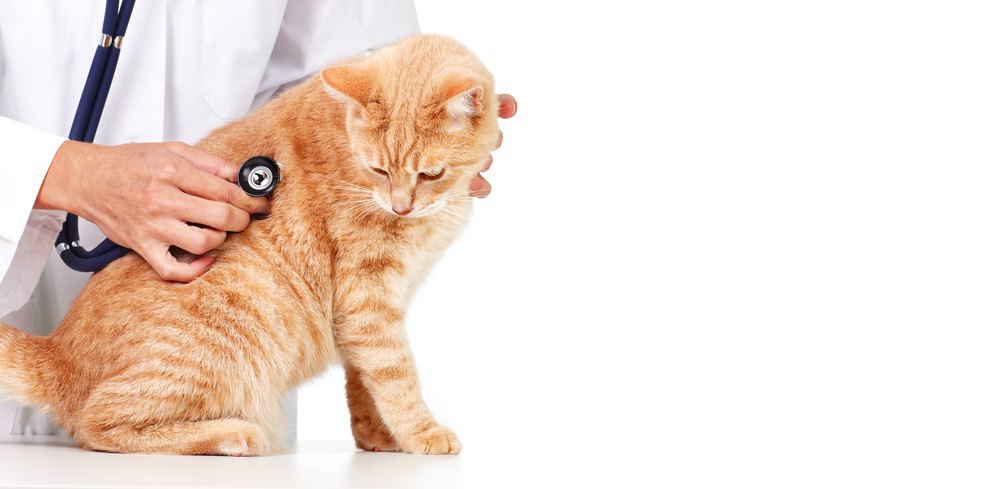 Paralysis-inducing Spinal Cord Disease in Cats
Myelopathy–Paresis/Paralysis in Cats
Myelop
Paralysis-inducing Spinal Cord Disease in Cats
Myelopathy–Paresis/Paralysis in Cats
Myelop
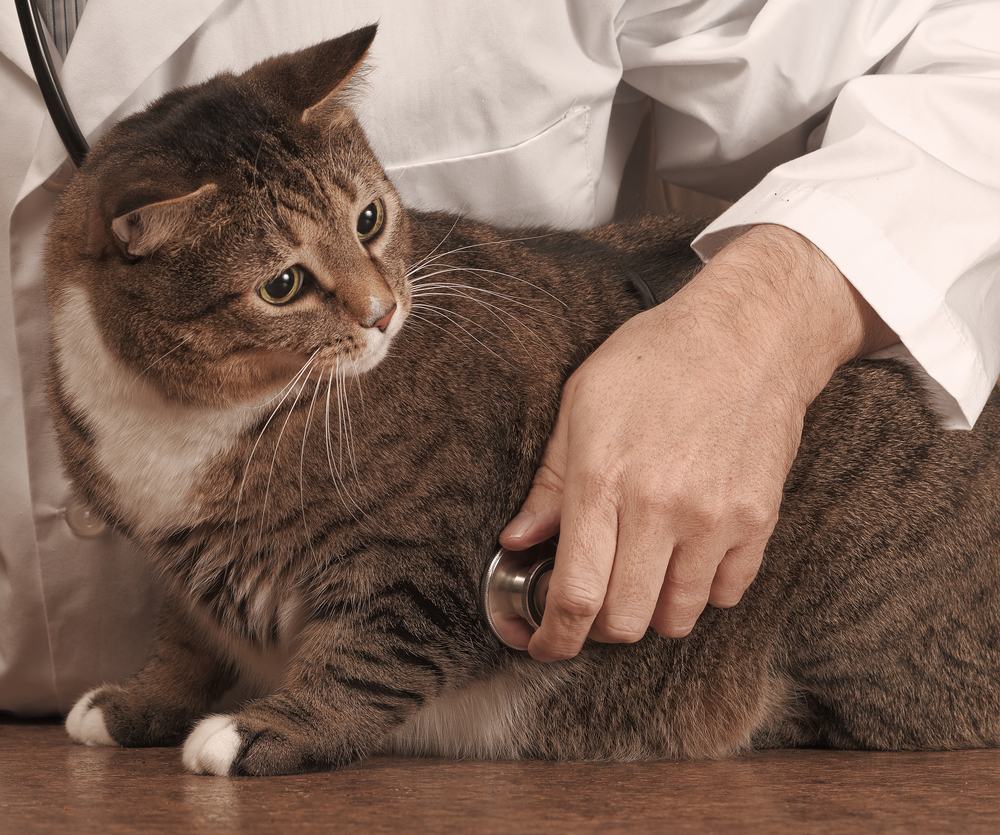 Excess Protein in the Cat's Urine
Proteinuria in Cats
While in some cases abnormall
Excess Protein in the Cat's Urine
Proteinuria in Cats
While in some cases abnormall
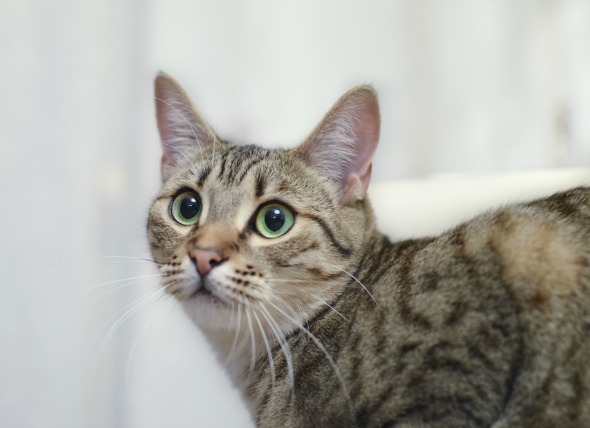 Inflammation of the Middle and Inner Ear in Cats
Otitis Media and Otitis Interna in Cats
Ot
Inflammation of the Middle and Inner Ear in Cats
Otitis Media and Otitis Interna in Cats
Ot
Copyright © 2005-2016 Pet Information All Rights Reserved
Contact us: www162date@outlook.com